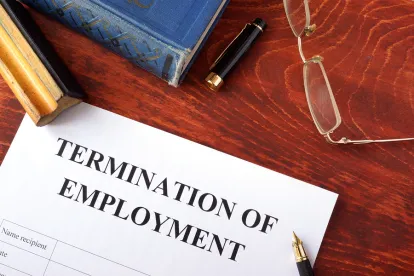Terminating an employee who is subject to a restrictive covenant may void that agreement in states that permit and enforce them. For example, New York law provides that an employer cannot enforce a restrictive covenant if it terminated the employee. See, Buchanan Capital Markets, LLC v. DeLucca, 144 A.D. 3d 508 (N.Y. App. Div. 2016).
The law in New Jersey is unsettled at this time, but if the employer terminates an employee because of the coronavirus, I believe it is likely that New Jersey courts will not enforce the agreement at this time. An employee’s covenant not to compete is enforceable only if it is reasonable under all the circumstances in a particular case. Maw v. Advanced Clinical Commc’ns, Inc. 179 N.J. 439, 447 (2004).
Furthermore, it can be argued that the enforcement of a restrictive covenant after an employee is terminated because of the coronavirus will create an undue hardship on the employee to find another job. The New Jersey Supreme Court identified two factors in determining whether or not the enforcement of a restrictive covenant would cause an undue hardship on the employee. They are: (1) the likelihood that the employee may find work in their field; and (2) the reason for the termination of the employment relationship. Karlin v. Weinberg, 77 N.J. 408, 417-18 (1978). Clearly, New Jersey courts can not only consider the reasons why the employment was terminated, but also consider the current job market, when it determines whether or not to enforce the restrictive covenant.
In addition, it would be difficult to assert the importance of the employee who is subject to an agreement where they are not permitted to work for a competitor when the employer is terminating that employee.
Hence, I recommend that employers carefully consider the fact that their restrictive covenants with employees may not be enforceable if they terminate employees who have said agreements at this time.



 />i
/>i

